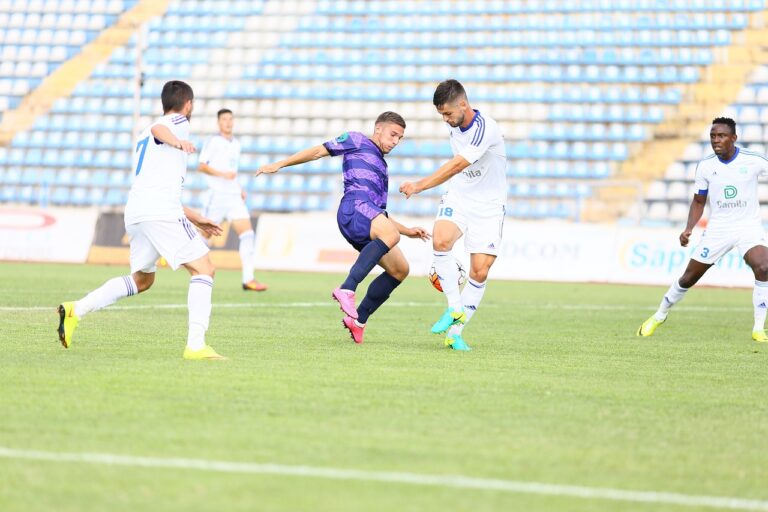IPL and Sports Science: Optimizing Player Performance
Betbhai9, King567: Sports science plays a crucial role in the performance and recovery of players in the Indian Premier League (IPL). As one of the most demanding T20 cricket leagues globally, the IPL requires players to be at their physical peak throughout the tournament. Sports science knowledge helps teams optimize training programs, prevent injuries, and improve overall player performance on the field.
Understanding the specific physiological and biomechanical requirements of cricket is essential for developing tailored training regimens that cater to the unique demands of the sport. Sports scientists work closely with coaches and players to analyze movement patterns, muscle imbalances, and physical limitations, allowing for targeted interventions that enhance player agility, strength, and endurance. By integrating sports science principles into their practices, IPL teams can gain a competitive edge and ensure that players are prepared to excel under the pressure of intense match conditions.
Understanding Player Physiology and Biomechanics
Player physiology refers to the study of how the human body functions under the physical demands of sports activities. In the context of cricket, understanding player physiology is crucial for optimizing performance and preventing injuries. By analyzing factors such as cardiovascular fitness, muscle strength, and flexibility, sports scientists can tailor training programs to suit the specific needs of individual players.
On the other hand, biomechanics involves the study of the mechanical aspects of human movement during cricket gameplay. It focuses on the analysis of how body movements can affect performance and injury risk. By utilizing techniques such as motion capture technology and force plate analysis, researchers can gain valuable insights into the optimal techniques for batting, bowling, and fielding in cricket.
Nutritional Strategies for Enhanced Performance
Athletes participating in the Indian Premier League (IPL) are constantly striving to optimize their performance on the field. One crucial aspect that significantly impacts their abilities is their nutritional intake. Proper nutrition plays a vital role in fueling the body for intense training sessions and matches, as well as aiding in recovery post-exertion.
A well-balanced diet rich in carbohydrates, proteins, fats, vitamins, and minerals is essential for cricketers to meet the demands of their sport. Carbohydrates serve as the primary source of energy, ensuring that players have the fuel needed to sustain long hours of play. Proteins are crucial for muscle repair and growth, supporting overall physical strength and endurance. Additionally, hydration is key to maintaining optimal performance levels, as even slight dehydration can lead to a decrease in cognitive function and physical output.
Why is sports science important in IPL?
Sports science plays a crucial role in understanding the physical demands of the sport, optimizing training programs, preventing injuries, and enhancing performance of the players in the IPL.
How does understanding player physiology help in improving performance?
Understanding player physiology helps in designing customized training programs, identifying individual strengths and weaknesses, and maximizing the performance potential of the players in the IPL.
What is the significance of biomechanics in cricket?
Biomechanics helps in analyzing the technical aspects of player movements, identifying any inefficiencies or flaws in technique, and making necessary adjustments to improve performance and reduce the risk of injuries in the IPL.
What are some nutritional strategies for enhanced performance in the IPL?
Some nutritional strategies for enhanced performance in the IPL include proper hydration, balanced diet rich in carbohydrates, proteins, and fats, timing of meals and snacks for energy optimization, and supplementation based on individual needs and goals.







